Life Is Risk, and Regulations Should Reflect That
- Andrew Langer

- Oct 27, 2023
- 3 min read

I try not to write blog posts in the first person. But there are occasions where that's necessary - at least by way of introduction. My earliest lessons about regulatory policy were from my father, a scientist in the realm of environmental policy and occupational safety and health. A natural sceptic, he was one of the first people to teach me to look deeply at narratives. Since his primary area of research was assessing risks to public health and how to apply that research to policies that were being adopted, we used to have (still have, in fact) conversations about how people perceive risks and how those perceptions drive public policy. How a public, being panicked by overblown risks can create policies that not only don't address real risks, but, in fact, can create other, greater risks to the environment, public safety, and health.
A recent example is the EPA's recent proposal to severely limit the use of a chemical called ethylene oxide - a proposal that would effectively ban the chemical. EPA claims that there are severe risks from exposure to ethylene oxide, so in order to reduce that risk, they propose to set emission standards so low that the chemical simply cannot be used.
The problem is that ethylene oxide is used as a disinfectant in medicine when heat or surface chemicals cannot be used (for certain kinds of instruments, or even gauze). That one cannot have a medical procedure in America without at least one essential piece of equipment or device that requires the use of ethylene oxide to ensure that it is sterile. And EPA has offered no alternatives!
The risk of harm to the general public from ethylene oxide is low. But the EPA is creating massive new risks by attempting to ban it.
Thus, the need for greater comparative risk assessment in determining public policy. I mentioned my father at the beginning of this blog post because every once in a while I get the rare opportunity to work with him on something. In this case, my Dad and I co-wrote an op-ed on the need for comparative risk assessment in regulatory policy (especially as the Office of Management and Budget is proposing to fundamentally change their regulatory analytical protocols through something called "Circular A-4"). That op-ed is HERE, and can be summarized as follows:
While traditional cost-benefit analyses are valuable, they only offer a partial view. Everyday actions carry inherent risks, as evidenced by unexpected accidents in homes, but people naturally weigh benefits against risks. In public decision-making, this intuitive process must be formalized. The term "safe" is often misconstrued, and absolute safety is unattainable. It's crucial to integrate comparative risk assessment into regulatory decisions for more comprehensive choices. The recent proposals by the Biden Administration have missed this angle, underscoring the need for a holistic approach in assessing benefits and risks.
Comparative risk assessment, which compares the harm of a proposal to other potential risks, is essential but has been sidelined in recent debates. The Biden Administration's proposed changes to the Office of Management and Budget's Circular A-4 overlook this assessment method. Though the Circular provides guidance for regulatory analysis and emphasizes cost-benefit analyses, this approach alone doesn't capture the whole picture of risks involved. While cost-benefit analyses evaluate the fiscal sense of a proposal, they don't contextualize it against other possible risks.








.png)




_gif.gif)